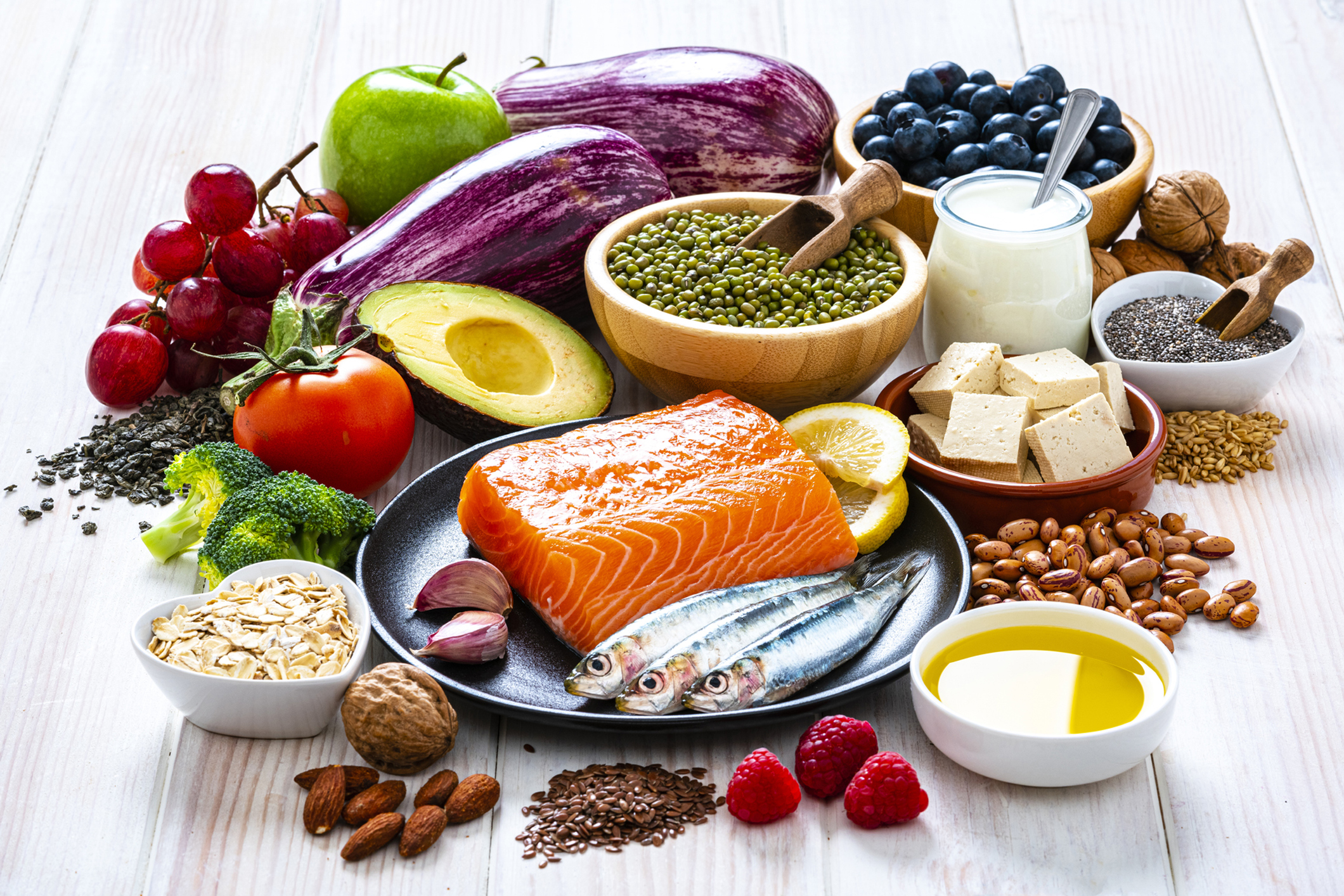There is insufficient evidence that taking a daily multivitamin/mineral prevents cardiovascular disease or cancer, according to the U.S. Preventive Services Task Force (USPSTF), an independent panel of experts that makes health-care recommendations based on the latest peer-reviewed research. The same goes for dietary supplements containing single or paired nutrients, such as vitamin D, calcium, B vitamins, vitamin C, and selenium.
Moreover, although there is little or no evidence of serious harm from many vitamins and minerals, some supplements, when taken in large amounts, may do more harm than good in certain people. In particular, the USPSTF recommended against the use of beta carotene for preventing cardiovascular disease or cancer because the risks (a small increase in lung cancer in people who smoke tobacco or were exposed to asbestos occupationally) outweigh any benefits. The USPSTF also recommended against taking vitamin E because it has shown no net benefit in preventing these two chronic diseases.
Published in JAMA in June, the latest USPSTF statement on this topic is based on a review of 84 studies and is consistent with the recommendations issued by the panel in 2014. Of note, the recommendations apply only to healthy community-dwelling adults and not children, pregnant women, or people with chronic illnesses or nutrient deficiencies, who may benefit from certain supplements. “Clinicians should use their clinical judgment to determine whether vitamin supplements should be recommended for an individual patient,” the summary stated.
In a national survey a few years ago, more than half of U.S. adults reported that they took at least one dietary supplement over a 30-day period, with multivitamins being the most common one (taken by 31 percent of supplement users). The amount spent by consumers on these supplements came to almost $50 billion in 2021 alone. But it’s unrealistic to think that vitamins and minerals packaged in pill form can provide the same benefits as consuming them in whole foods like vegetables and fruits, where they likely act synergistically with fiber and other natural compounds key to health.
In fact, an editorial accompanying the JAMA article emphasized the importance of taking evidence-based steps (instead of taking supplements) to prevent cardiovascular disease and cancer—notably following a balanced diet, getting adequate physical activity, not smoking, maintaining a healthy weight, and controlling blood pressure. The full USPSTF recommendations can be read here.





